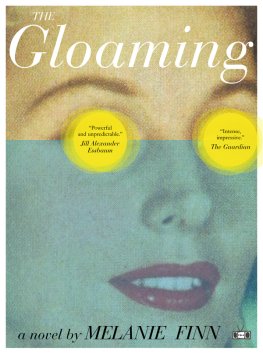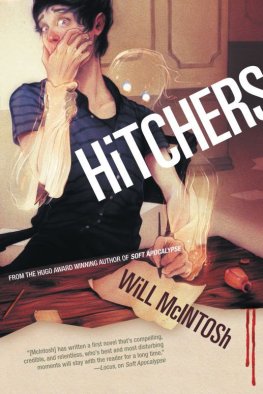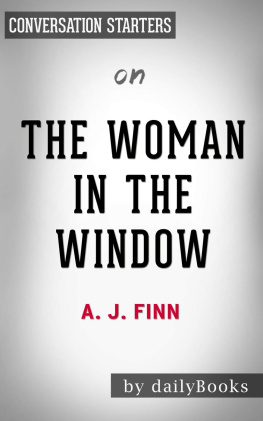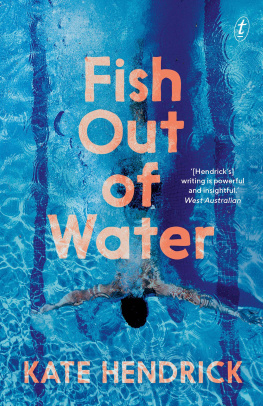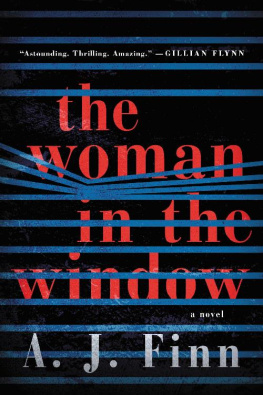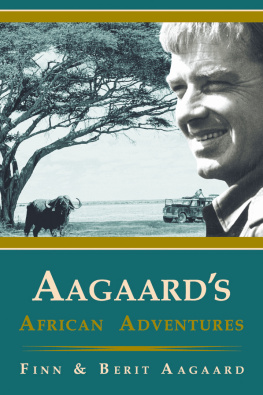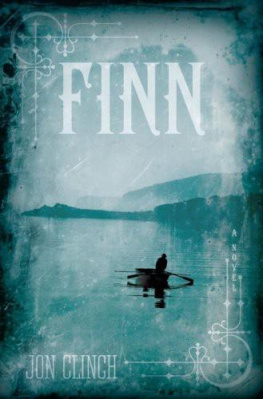We were living in Geneva, the high, light apartment on Rue Saint-Lger. We had just come back from two years in East Timor, and we reveled in the cleanliness of Europe, how easy it was to buy what you wanted: a certain kind of shampoo, books, fresh asparagus, Italian shoes. We went for weekends to Paris or Amsterdam or Berlin or to the country house of some new, interesting friends.
At such a house we met Elise. Ive considered that its possible we met her before but she was simply so forgettable that I didnt remember. Even this particular time, I recall only certain details.
It was early June, a heat wave. The house was on the far side of Lac Lman, right on the water. Tom and I had the attic bedroom and we jokingly called it Manila, it was so hot and humid in the small room.
Elise wasnt staying at the house, she only came for lunch on the Sunday. She was an odd, little mouse of a person with sharp, almost twitchy, movements. She didnt say much. But she was sitting next to Tom at the table, and he spoke to her, engaged her, as he did everyone. Even a little mouse.
After lunch, Tom and I napped, and, waking bathed in sweat, took a cold shower. We made love. It was reflex, turning our bodies without thought or premeditation, the way I might twist my hair into a chignon or Tom would button his shirt. I took for granted that sexual ease, believed it sufficient. Let me look at you, he said, taking. Love, love, love, he whispered, and the holding, and how it always felt, the slow belonging to.
When we came downstairs, the host suggested a walk. About seven of us went. Along the lake edge, a well-worn path, the day still high with solstice heat and bright summer light. It was too hot to hold hands so I let go of Tom. I walked ahead by myself for a short while. Id had enough conversation, and I wanted to watch a flotilla of sculls and their lovely rhythm, the oars pawing the sun-tinted water.
The group was behind me, not far, so that I was aware of their murmuring and bouts of laughter. I looked back. Tom was talking again with Elise, bending slightly to hear her, for she was not only a small person, but she spoke softly. The breathless air held everything in place, like a still life; any movement seemed amplified, impulsive: a swallow dipping against the water, a shiver in the long grass of an unknowable creature. Elises hands fluttering up to her face as she laughed at something Tom said.
Magulu, April 27
The sound of it, metal squealing, torquing: the sound of it pounces.
The glass, tinkling: the sound snow might make, and how it fell with just that grace and beauty.
Even with my eyes open. Even in daylight. Even in another country. A faraway country where nothing is the same, not the light, not the faces. The trees, even, are a different green.
I force myself to look at the trees.
Baobabs, figs, acacias.
We pass a man in a pink shirt on a bicycle. He wobbles slightly, for the road is narrow and uncertain. The road lacks confidence. It changes tack, only to veer back again; it widens and then contracts. Should it be here? Or over there?
A woman with a red bucket balanced on her head turns down a path and instantly disappears into the bush. Thick bush, a tangled, knitted green stretching over the earth, a hot wool itching with insects, snakes and birds.
I look at the green. The leaves are stitched together with sunlight.
Jack, you gotta stop, says Bob. His wife, Melinda, has her hand over her mouth. Her eyes are panicky. Jackson stops. Melinda opens the door, leans out, retches. Shes been vomiting for the last two hours. When she sits back, I hand her a bottle of water.
We are in the car driving to Magulu where there is a government clinic. The hotel manager suggested Melinda call in the flying doctor. But she told him her eldest brother died at Dunkirk. Her mother is 101. If the government clinic is good enough for Tanzanians, then its good enough for her.
Melinda was horrified by the beggars in Arusha, by everything since the huts people live in, the scabby dogs, the waiters at the hotel who make less in one month than she and Bob have spent for one night in the room. Shes talked a lot to at Jackson about civil rights in America. Which he knows nothing about. Hes never even heard of Martin Luther King.
Bob says, It must have been the fruit salad. Everything else we had was the same.
I say, I had the fruit salad.
Bob glances at me. Hes secretly annoyed. He likes to be right. But its also very important to him to be polite. And protective, paternal in an old-fashioned, vaguely chauvinistic way. He insists on buying me a cocktail every evening. On holding open every door. Hes probably my fathers age, but nothing like him.
This was supposed to be a private safari, just Bob and Melinda, touring the Tanzanian bush. But at the last minute I arrived and the safari company added me. Melinda made Bob agree because it cut their cost by a third. Shes very conscious about money about the guilt she feels in having more in her wallet than any black person out the window has in a lifetime. I think Bob is just an old-fashioned cheapskate.
In the buffet queue at the last hotel in Serengeti, I overheard him grumbling to Melinda about Jacksons expectation of a tip, as politely suggested by the tour company. Havent we paid enough for the safari, Bob asked. Isnt it the companys responsibility to pay their employees sufficiently? Its just a show of appreciation from us to him personally, countered Melinda, you know, for the extra effort hes put in. Oh, said Bob, and just what would that be? Slowing to fifty so we can catch a glimpse of a lion? Apparently, he went on, we should have stayed home and watched the Discovery Channel if we actually wanted to see the animals as anything other than a blur.
Melinda is slim and fit for her age late sixtyish, and neatly attired in a khaki ensemble. I imagine her speedwalking around her neighborhood in Chapel Hill, North Carolina. In her tanned and weathered hands she will hold little weights, and these she will swing vigorously to tone her upper arms.
Bob has the expensive teeth of a much younger man. He tries to keep pace with Melinda, who is relentless in her forward momentum. Even standing she tilts forward by degrees. Im sure she senses the decay that awaits Bob, who does not exercise and eats and drinks too much. It will be a stroke, a heart attack or cancer. In only a few years, Melinda knows, she will become a caretaker, ferrying Bob to a series of specialists, keeping track of his oxygen intake, counting out his pills.
Contained in a car for six hours a day, Melinda maintains checklists of birds and animals. She asks Jackson about trees, grasses, the weather, geology. His answers are usually vague, even plainly wrong, and I often see impatience glance across her face; for the money theyre paying she expects more. But this is always replaced by genuine sympathy and perhaps the strong desire for Bob not to be right about the tipping issue. It isnt Jacksons fault hes black and uneducated and born in Africa. He must be so grateful for this job. Shes read that the average employed Tanzanian supports forty unemployed relatives.
I am being unkind in how I describe them. Tom hated my sarcasm. Poor mans wit, he called it. But I never had another kind of wit. And Bob and Melindas Americanness comforts me. They are familiar. I can understand them, not just the words but the motivation and the culture behind them. I have been away from America for so long. I like that Melinda isnt afraid to ask questions. She doesnt worry that her curiosity will be taken as ignorance. As an envoy of her country, she wants to be kind and strong: give me your poor, your unwashed. And even Bob, when we finally stopped to watch a leopard sleeping in a tree, sat very still and whispered unashamed as a child: Goddamn, thats a beautiful cat.

